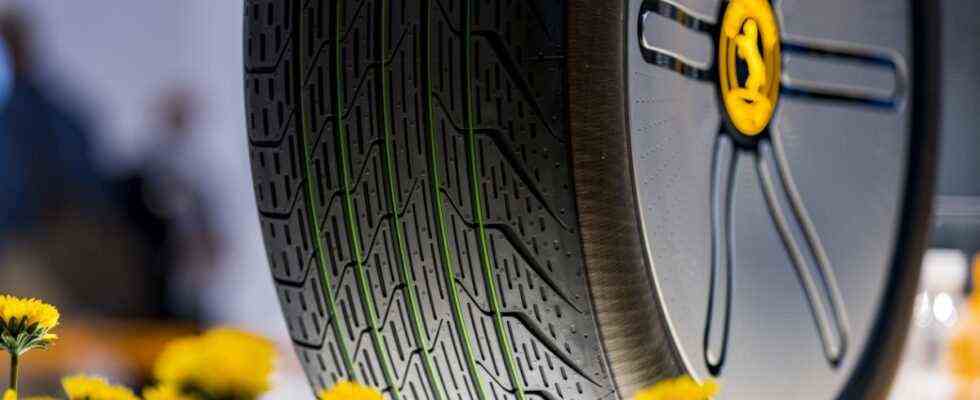Continental boss Nikolai Setzer wants to learn from the sometimes severe criticism of the cuts and closings in some plants. “Of course there are always things that can be done better,” he told the dpa news agency, looking back on the controversial decisions. Management can also learn from these experiences. Overall, however, he considers the coordination processes, which mostly fell before his move to the top of the company, to be solid: “We were as transparent as it was possible in such a complex situation.” In addition, Germany remains a key location for Conti.
The DAX group had announced last year that some factories could no longer be fully utilized in the medium term. This came as a surprise for a number of employees. The tire plant in Aachen should initially be closed by the end of 2021. The move sparked protests: the trade unions IG BCE and IG Metall did not feel sufficiently involved, and NRW Prime Minister Armin Laschet (CDU) initially called Continental’s approach “cold capitalism”. The Hanoverians followed suit.
Among other things, Aachen received a “grace period” for another year. Negotiations with employee representatives then showed that redundancies for operational reasons will be avoided “wherever possible” and that a small group will remain there in 2023. In addition, as many employees as possible should be trained for new jobs. Such programs are also running at other locations.
Internal surveys showed that the workforce’s trust in the company is very high, emphasized Setzer. However, Conti could not detach himself from external developments. “We have businesses in many areas that have changed dramatically, for example from analog to digital – for example with the displays in the car,” explained Setzer. “We have some products that are simply no longer available, such as analog speed displays. We are exposed to a change that we cannot avoid. On the contrary, we go with the market. That can sometimes mean making painful decisions.”
The “Transformation 2019-2029” strategy is making progress. The talks on further implementation are being conducted “with an open eye,” said Setzer. “In all projects, we negotiated viable solutions with our social partners. That can mean a substantial change for those affected.” The second largest German automotive supplier after Bosch is increasingly expanding its electronics and software business. But the classic tire business, with which Conti once got big, also has potential for Setzer – for example with sensor-supported, “smart” models.

